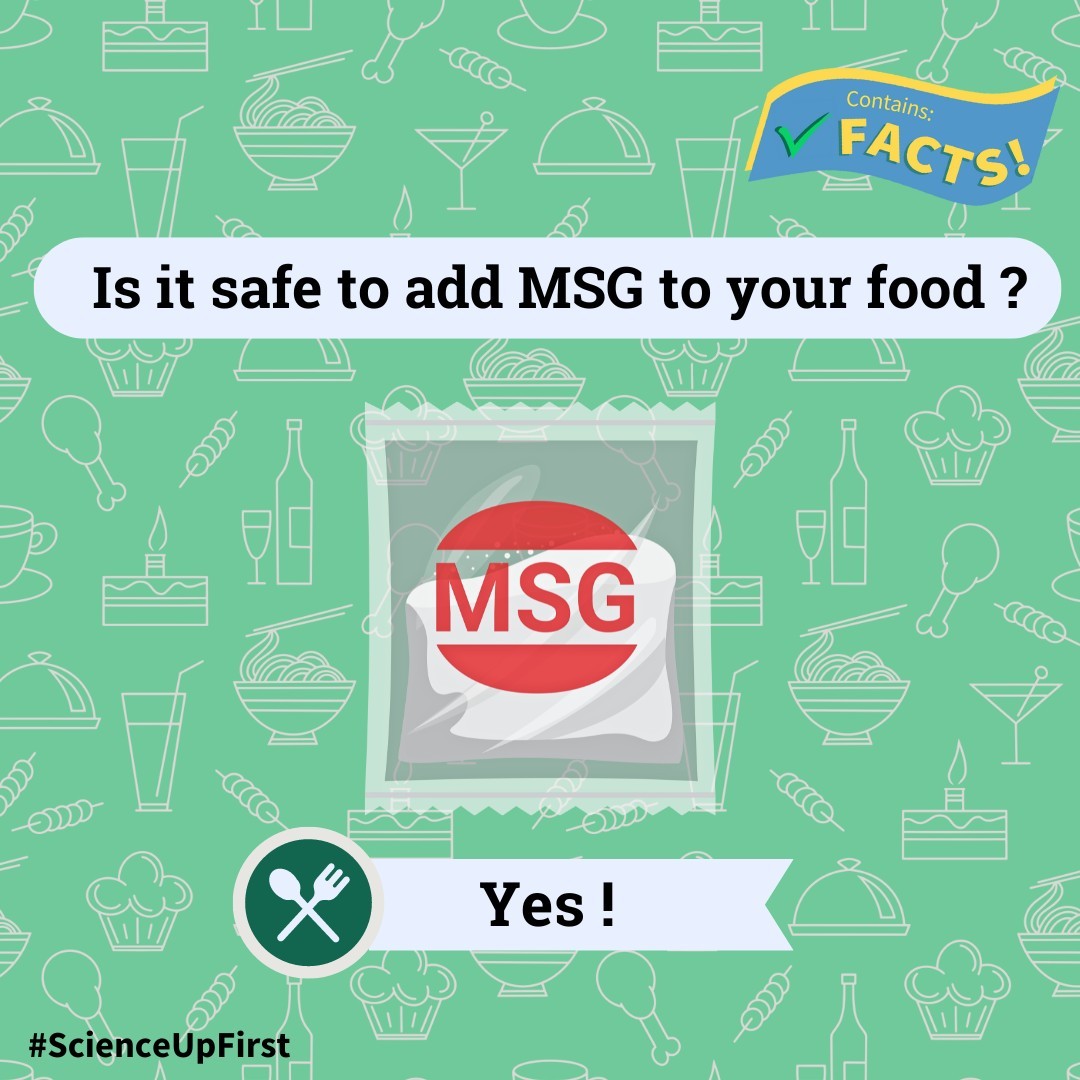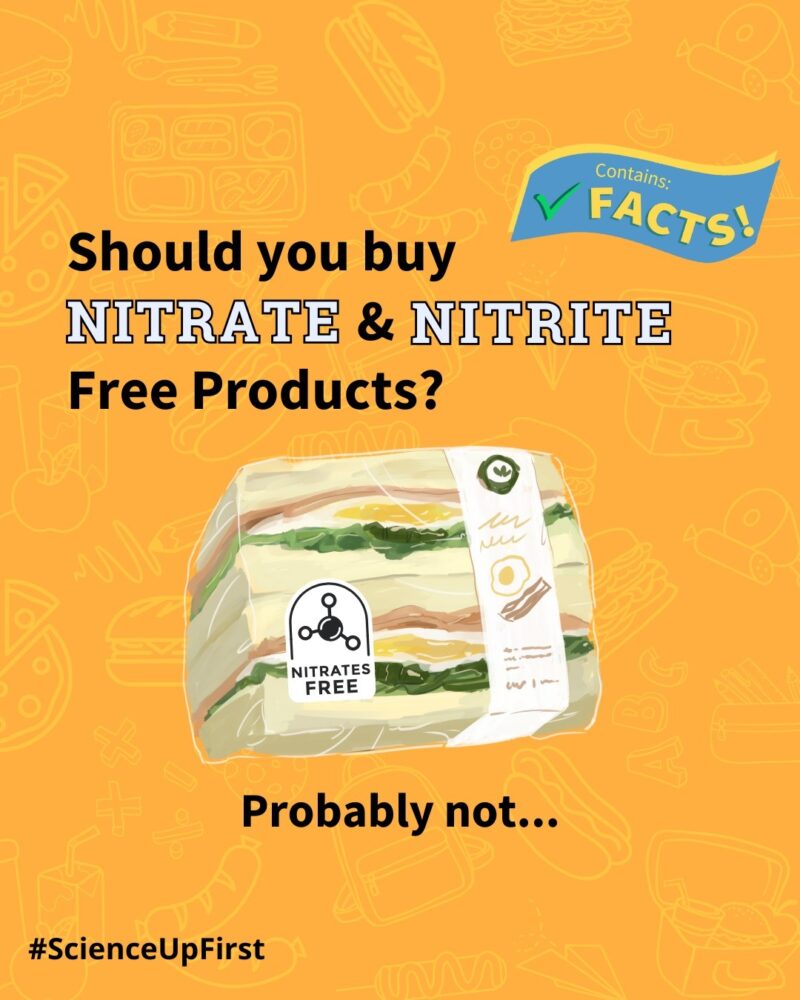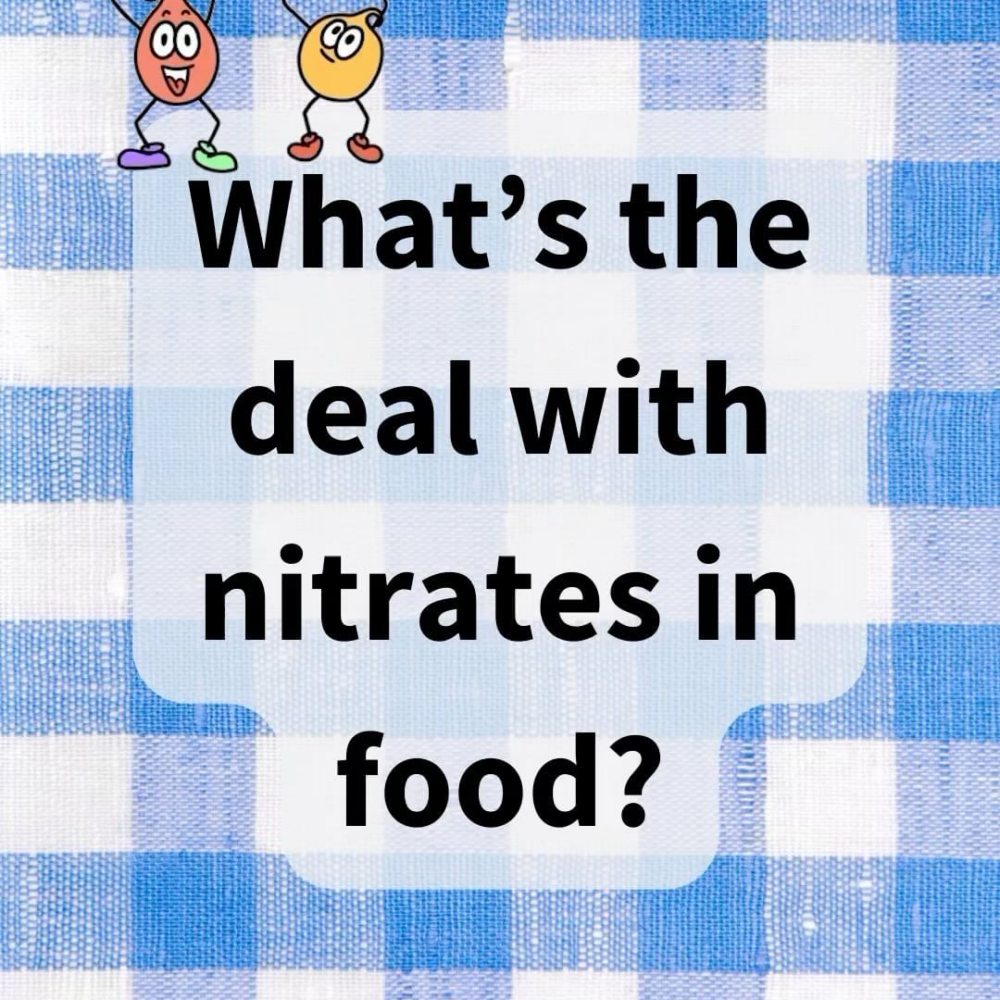
An ingredient in a viral series of cucumber recipes has many asking, “What is MSG and is it safe?”
MSG, or monosodium glutamate, is the salt form of the amino acid glutamate, which is naturally found in our body and in many foods like tomatoes and parmesan cheese. The flavour-enhancing properties of glutamate were first discovered in the early 1900s by a Japanese chemist studying the umami taste in seaweed broth. Originally extracted from seaweed, MSG is now commercially produced through fermentation, a process similar to how yogurt, wine and vinegar are made (1,2,3,4,5).
Contrary to popular belief, MSG has not been found to pose a health risk for humans (1,2). A very small portion of the population might have a MSG sensitivity, experiencing mild and temporary symptoms like headaches, skin flushing, tingling, fatigue or nausea after consuming large amounts (at least 3 g) without food (1,2,6,7,8,9). In fact, no consistent link between normal consumption of MSG and these symptoms have been found, and MSG allergy is extremely rare – the first case was only reported this year (7,10,11,12).
While people with migraines and tension headaches tend to have higher glutamate levels, normal MSG consumption has no or little influence on glutamate levels and studies have not found a causal link between MSG consumption and migraine (8,13).
The great thing about MSG is that you only need a small amount (about 0.5 g) to achieve the desired effect, and adding more won’t enhance the flavour further (1,2). Be mindful that processed and prepackaged foods often already contain MSG (1,9).
In short, adding a bit of MSG to your home cooking is safe. Enjoy the delicious flavor boost (obviously)!
There are a lot of fantastic posts that break down the origin of MSG misconceptions, we have added them to our ref doc.
Resources
The Best Way to Eat an Entire Cucumber by @logagm (Logan) on TikTok
MSG Fear Started With an Anecdote by @unbiasedscipod (Dr. Jess Steier) on Instagram
Is MSG Dangerous? by @jamescollierrnutr (James Collier) on Instagram
Is MSG Bad for You? by @jhwang (Jon Hwang) on Instagram
- Monosodium glutamate (MSG) and other sources of glutamate in foods | Government of Canada
- Questions and Answers on Monosodium glutamate (MSG) | U.S. Food & Drug Administration (FDA) | November 19, 2012
- Monosodium glutamate (MSG) | Description, Uses, & Health Impacts | Britannica | Updated August, 2024
- Tomatoes, red, ripe, raw, year round average | U.S. Department of Agriculture (USDA) | April 2019
- Food additive | Britannica
- Monosodium Glutamate (MSG) Food Intolerance Information | Mount Sinai – New York
- A Review of the Alleged Health Hazards of Monosodium Glutamate | Comprehensive Reviews in Food | May 2019
- Does monosodium glutamate really cause headache? : a systematic review of human studies | The Journal of Headache and Pain on PubMed Central | May 2016
- Monosodium glutamate (MSG): What it is, and why you might consider avoiding foods that contain it | Harvard Health Publishing – Harvard Medical School | July 2024
- Reconsidering the effects of monosodium glutamate: A literature review | Journal of the American Academy of Nurse Practitioners on Wiley Online Library | September 2006
- Food Additives and Allergies/Intolerances | Food Allergy Research & Education (FARE)
- A Case of Type I Food Allergy Induced by Monosodium Glutamate | Journal of Asthma and Allergy on PubMed Central | March 2024
- MSG Symptom Complex: Causes, Diagnosis, and Treatment | VeryWell Health | Updated August 2022
Share our original Tweet!
Recent viral cucumber recipes have been adding MSG (“obviously!”) But what is MSG, and is it safe to add to your food? 🥒
— ScienceUpFirst | LaScienced'Abord (@ScienceUpFirst) September 12, 2024
(Delicious spoiler: yes!)
Learn more 👇 https://t.co/TMoQCXCKZs#ScienceUpFirst pic.twitter.com/1o6LfdyJhx
View our original Instagram Post!



